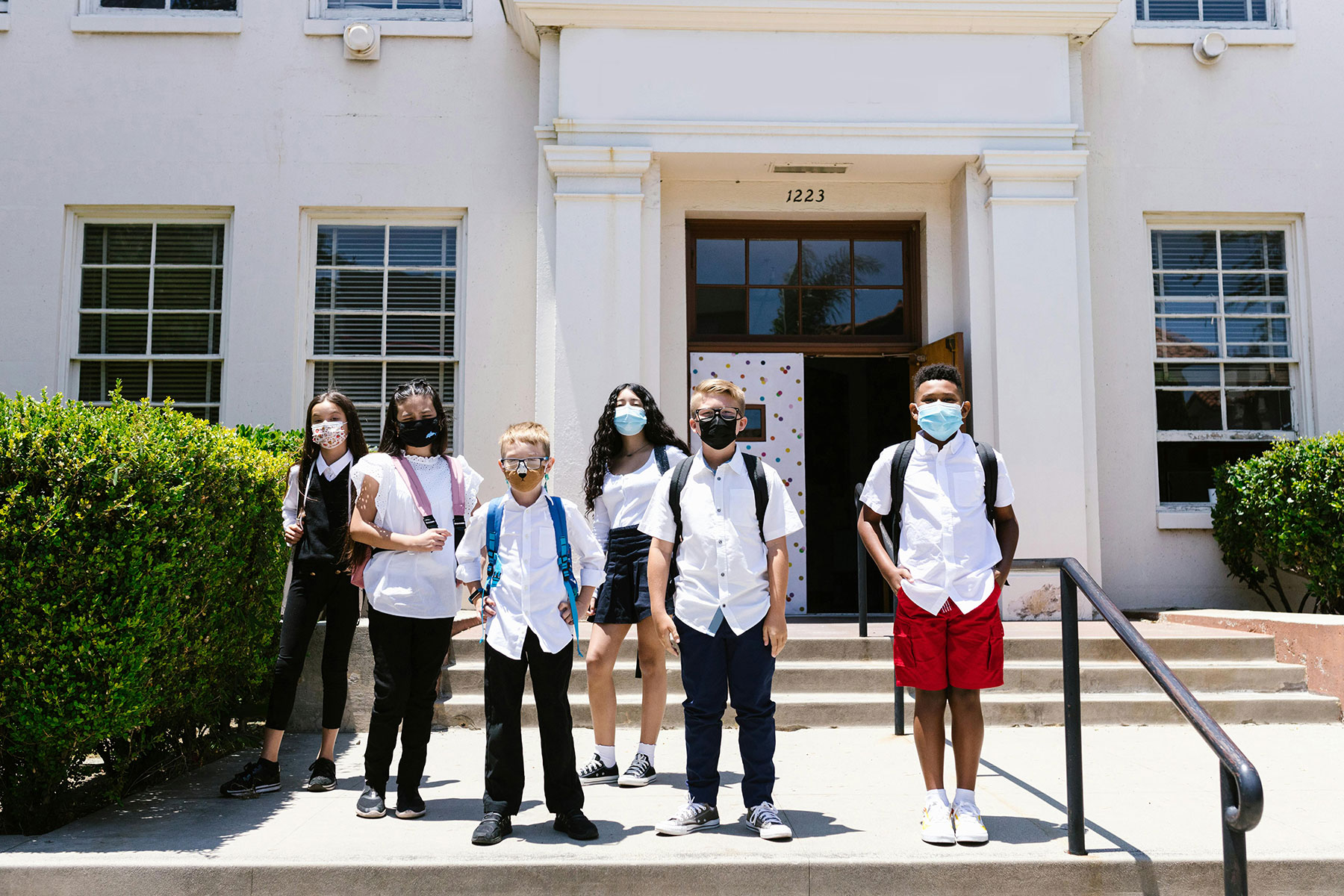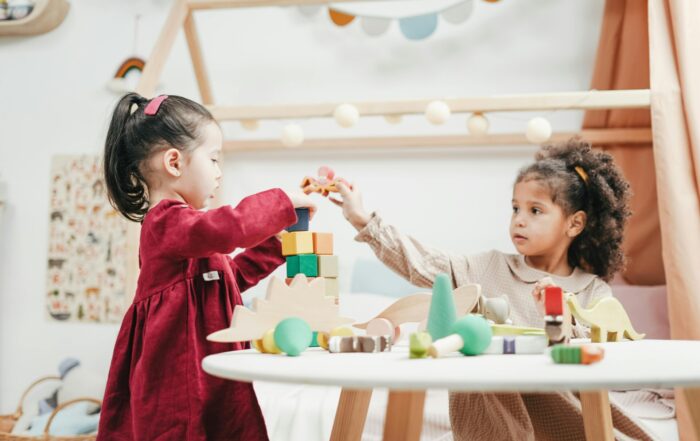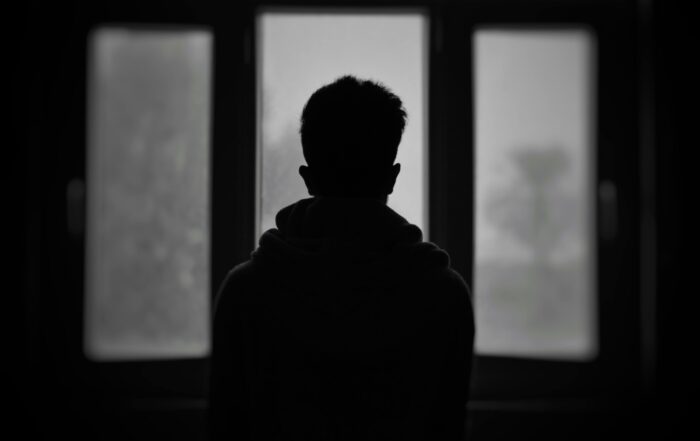
Rosalinda Guzman was inside a bathroom stall at school when something begged for attention.
It was on the door, where the school posts announcements.
“That little tiny piece of paper was just so different from everything else that it really caught my eye,” said the 18-year-old student from Kersey who attends Windsor Charter Academy.
“And it said, ‘Are you feeling stressed? Talk to your counselor. Email here or just walk in.’ And so, I did.”
That was in January when the students came back into school to learn in person.
Rosalinda, who goes by Rosi, has long struggled with anxiety, depression and abandonment issues. She also has trust issues from being bullied when she was younger. She said she’s weathered the ups and downs of the pandemic pretty well. But over the past few months, noticed she’d been feeling guilty about eating.
“It really gets in my head that I have to lose weight and I have to be slim and I can’t gain weight,” Rosi said. “So that makes me just not want to eat and not be hungry and lose my appetite.”
Eating disorders are up across all age groups during the pandemic. The school counselor encouraged Rosi to start journaling what she eats and how she feels about it. An online eating disorder group helped. Rosi feels she’s eating pretty regularly now. Being back in school helped connect her to mental health support. But while kids are at home learning remotely, many haven’t been able to access mental health interventions that might help.
Students’ mental health experiences during the pandemic have been mixed. Some kids are thriving. They like sleeping in a bit more and getting snacks when they want. Others, however, struggle.
Some adults worry about a powder keg of anxiety as more students cycle back into school. Although there’s light at the end of the pandemic tunnel now, some counselors report many children and teens are feeling emotionally, mentally and physically exhausted. It’s unclear right now whether the steps the state and some schools are taking will be enough to meet the need.
Share This Post!
The Link Between ADHD and Trauma
By Medical News Today Attention deficit hyperactivity disorder (ADHD) is a common neurodevelopmental disorder that often begins in childhood. Studies have found that trauma occurring in childhood may exacerbate or predict [...]
5 Reasons Why We Blame Ourselves After Trauma
By Kaytee Gillis, LCSW-BACS As a therapist who works with survivors of childhood trauma, I find that self-blame is a common part of their experience. As a survivor myself, I experience [...]
Child-Parent Psychotherapy Resources
By University of California, San Francisco Child-Parent Psychotherapy (CPP) is an intervention model for children aged 0-5 who have experienced at least one traumatic event (e.g. maltreatment, the sudden or traumatic [...]
Caring for Caregivers Experiencing Secondary Trauma
By Heather C. Forkey, MD, Elaine Schulte, MD, MPH, and Luanne Thorndyke, MD Secondary traumatic stress (STS) is the emotional duress caused by indirect exposure to distressing events experienced by others. [...]
How to Talk About Mental Health
By SAMHSA Mental health is essential to a person’s life in the same way as physical health. Hesitation to talk about mental health adds to the notion that the topic is [...]
Prioritizing Minority Mental Health
By CDC Office of Health Equity Mental health matters! Mental health includes our emotional, psychological, and social well-being. It affects how we think, feel, act, handle stress, relate to others, and make [...]







